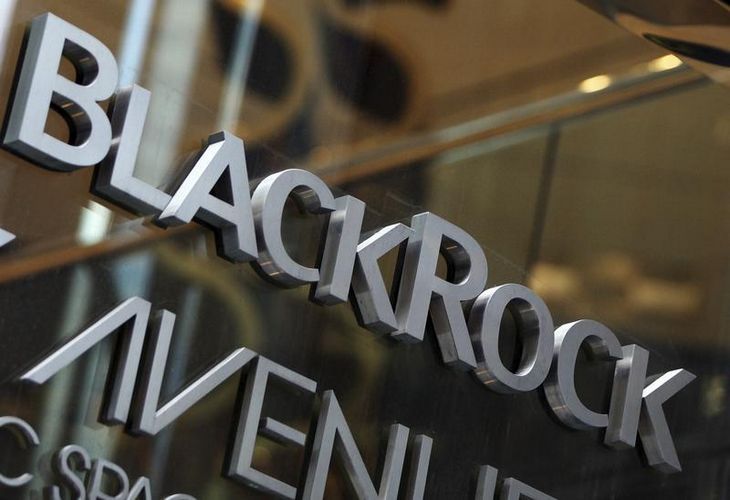BlackRock has written to senior ECM bankers asking why European IPOs that were apparently multiple times covered have stuttered in the aftermarket, with some posting a loss even on their debut. The missive, an email from the fund manager’s London-based head of ECM Rob Leach to 14 bankers, was a genuine attempt to garner feedback on what had gone wrong, rather than an effort to apportion blame.
Nonetheless, when one of the most important investors in equity markets globally starts asking questions about performance, it is clear something has gone badly wrong.
The fund manager has previously made clear when it considers there to be problems. In June 2011, when the European IPO market was at its lowest ebb, BlackRock sent out a five-point manifesto calling for an improvement in industry practice for flotations, including smaller syndicate sizes and more early-stage meetings.
From hot to not
Concern centres on a growing list of IPOs trading below pricing despite heavy oversubscription. Just-Eat and AO both closed with double-digit covered books, but the online restaurant aggregator traded above water for just three days after pricing in early April, while the online goods retailer popped 33.33% on its debut, then began to fall. AO has fallen rapidly since its debut at the end of February to 241.5p on Friday afternoon, 15% below the IPO price of 285p.
A decline in tech stocks is one explanation given to BlackRock, but the same fate has befallen bricks-and-mortar retailer Pets at Home, which closed eight to nine times covered but has been above pricing for just five days since its early March debut.
The trend is not specific to UK stocks either, with Swiss travel group Bravofly Rumbo covered early on and ending multiple times subscribed but yet to trade above pricing since debut just before Easter.
Of the feedback given, the most alarming was that bankers, advisers and the buyside have become too stretched for accurate price discovery because of the sharp increase in both live deals and preparatory meetings for future transactions.
A measure of how little clarity there is on correct pricing is shown by Pets, where leads were worried about it trading up too much on its debut.
Also concerning is the response that double-digit subscribed deals suffered in the early aftermarket due to inherent problems with the IPO process itself, in particular on messaging and allocation.
“It is still not clear to me that the Street has got it right on allocations, particularly where a deal gets heavily allocated to a small number of funds”
There are differing opinions among firms on both the frequency and detail of book coverage messages, and the extent to which regular updates have been constructive – as is usually agreed to be the case – or destructive, when investors lose their heads in a mad chase for scarce stock.
“When you are covered throughout the price range on day one or two, that message on oversubscription generates more demand,” said the head of ECM syndicate at a US bank. “Accounts worry that if they show price sensitivity, they could get shut out. That becomes self-fulfilling as it takes a very disciplined seller to price lower than the top of the range. But that may not be where the real value and the real register – the investors you want in your book – lies.”
Allocation anxiety
Paying too much attention to a select few investors can also be problematic, said one EMEA ECM head.
“It stands to reason that if a market is down, IPOs will do worse as investors will put money into safer bets,” he said. ”However, it is still not clear to me that the Street has got it right on allocations, particularly where a deal gets heavily allocated to a small number of funds. That works in a market going up, but in a flat or weak market you don’t have the dry powder of [a large group of] existing shareholders wanting to buy more stock.”
A flexible approach on allocations is the preference for ECM bankers, who point the finger – as always – at independent advisers hired on IPOs for being too regimented when it comes to the allocation process and, according to the head of syndicate at a US bank, “getting in the way of something they don’t understand”. The buyside was also criticised for lacking discipline, with the suggestion that “grown up” investors should be listening to messaging with a clear idea on valuation and not following a herd mentality.
There is a belief that problematic aftermarkets may have compounded the difficulty of pricing an usually high number of companies that lacked clear listed peers. Companies such as AO, cat allergy pharma Circassia, Just-Eat or Pets at Home had no true peers. As a result, they were benchmarked against a wider and more volatile set of stocks.
“The biggest test will be how the next set of deals perform,” said the head of ECM syndicate at a US bank. “The calendar for Q2 is very different to Q1, with many more established and mature businesses with clear comps.”
That opportunity should come soon, with over-50s insurance group Saga set to launch a US$1bn-plus London Stock Exchange IPO this week.
